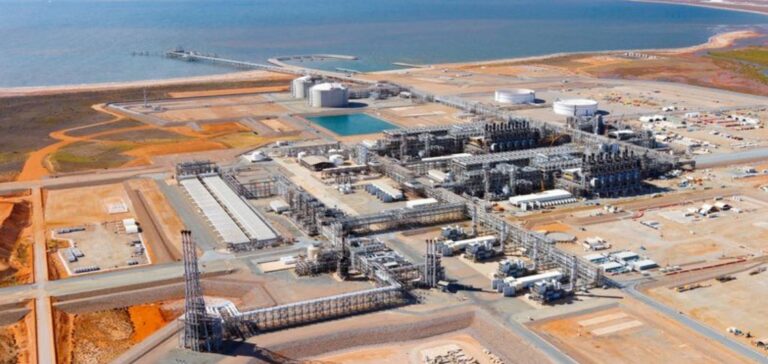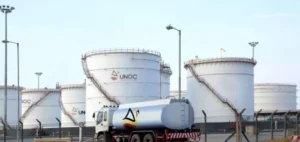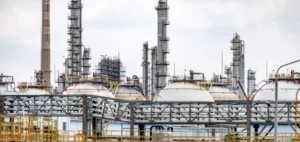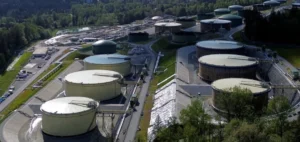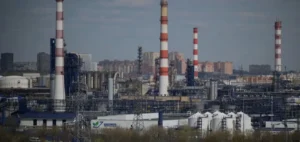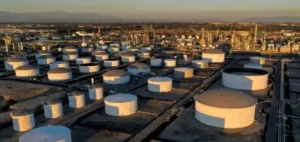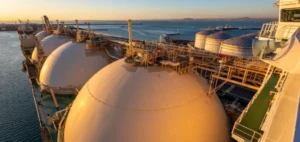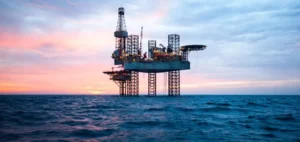Chevron Australia has confirmed that the proposed enterprise agreements for field operations employees at its Gorgon and Wheatstone facilities were supported by the majority of employees in a vote. According to a Chevron Australia spokesperson quoted by S&P Global Commodity Insights. These agreements aim to achieve sustainable, competitive results in the marketplace, in the interests of both employees and the company. Following this vote, Chevron Australia plans to have these agreements approved by the Fair Work Commission.
Majority agreement for company-wide agreements proposed by Chevron Australia
These developments follow the announcement on October 20 that a vote on the company agreements proposed by Chevron Australia would take place from October 26 to 28. Following a recent agreement in principle with the unions, which averted industrial action planned for the Gorgon and Wheatstone LNG facilities from October 19, the company is now in a position to offer its customers a range of products and services. The vote took place after the start of the seven-day access period on October 19, following Chevron Australia’s presentation of its proposed enterprise agreements to employees at its Gorgon and Wheatstone facilities on October 18. This step followed the agreement in principle between Chevron Australia and the Australian Workers Union (AWU) earlier in the week. This led to the cancellation of industrial action by the unions starting on October 19 at the Gorgon, Wheatstone Platform and Wheatstone Downstream facilities in Western Australia. The Fair Labor Commission, the country’s industrial tribunal, declined to comment on the ongoing case.
The negotiation process
Chevron Australia and the unions have reached agreement in principle on the proposed company agreement. This came after Fair Labor Commissioner Bernie Riordan attended several rounds of discussions between the parties. The Offshore Alliance, an alliance between the Australian Workers’ Union and the Maritime Union of Australia, had announced earlier on October 15. They indicated that 91% of their members supported the launch of a protected industrial action. This action targeted the Gorgon and Wheatstone LNG facilities.
Reactions from unions and the Fair Work Commission
Chevron had previously requested the assistance of the Fair Labor Commissioner to finalize the drafting of company agreements for Gorgon. Wheatstone Platform and Wheatstone Downstream, based on clarifications to implement the Fair Work Commissioner’s recommendation of September 21, accepted by Chevron and the unions. This followed the cancellation by the unions of an industrial action scheduled for September 22 at Chevron facilities. Following approval of the Fair Labor Commissioner’s recommendation to finalize company agreements. The OA began its protected industrial action on Chevron’s onshore and offshore liquefied natural gas facilities on September 8. And had announced that its members would stop work completely for two weeks from September 14. The Gorgon project consists of three liquefied natural gas trains with a capacity of 15.6 million tonnes per year, together with a domestic gas plant. The Wheatstone project, on the other hand, has an LNG capacity of 8.9 million tonnes per year, as well as a domestic gas plant.
Obtaining support for the company agreements proposed by Chevron marks a turning point in the negotiations. The Fair Labor Commission’s approval of these agreements is an important step towards stable operations at the Gorgon and Wheatstone LNG facilities.


